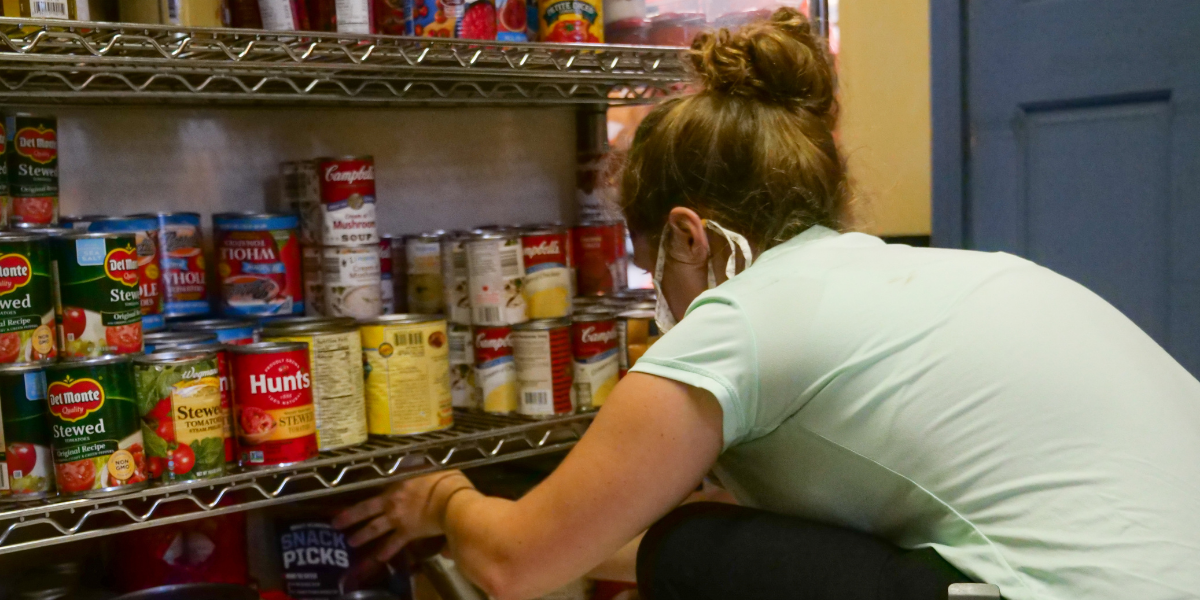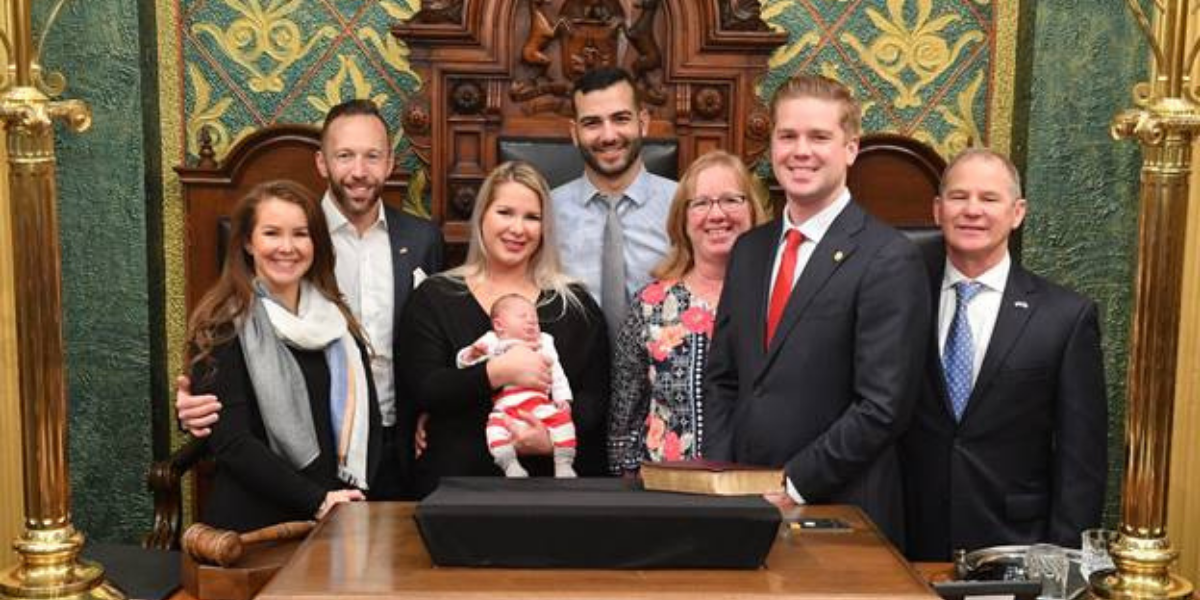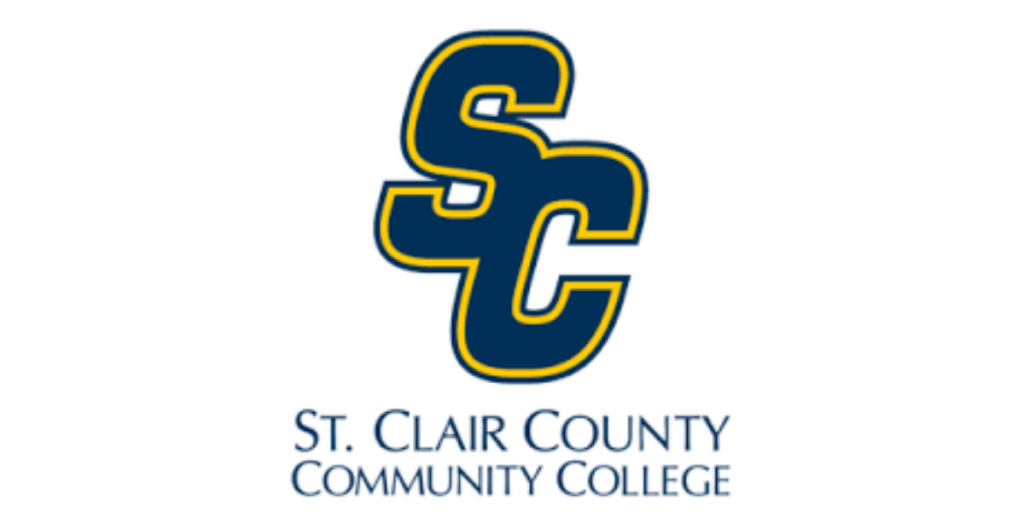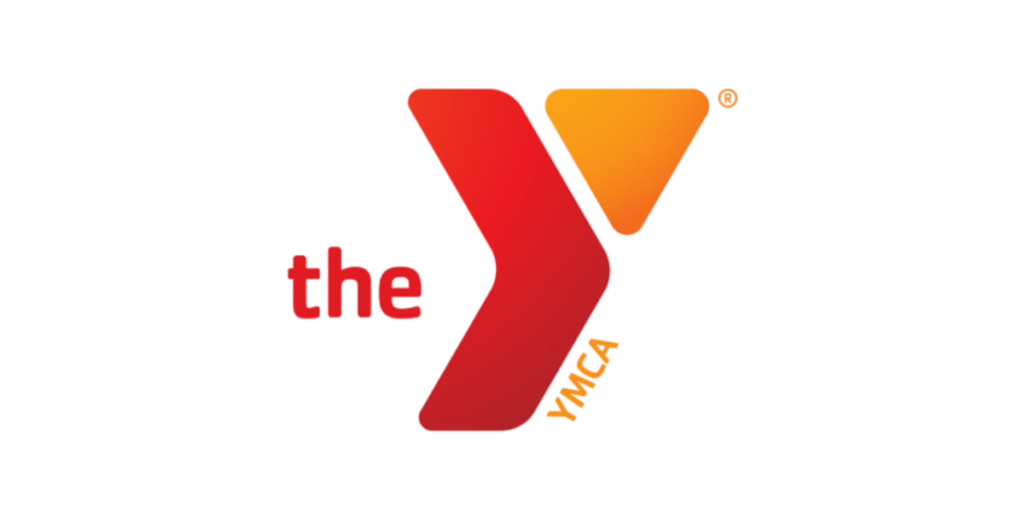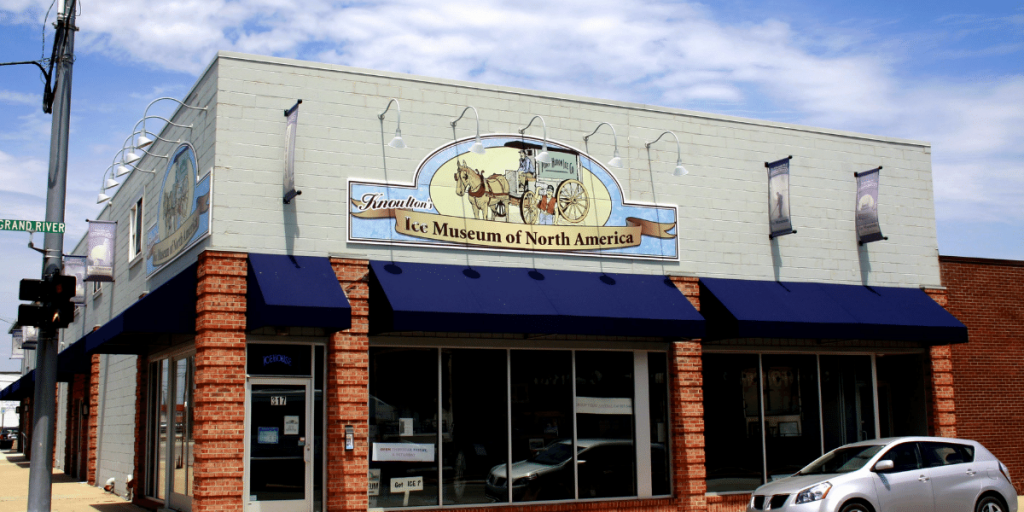United Way of St. Clair County Accepting Grant Requests
The federal government just released $95,359.00 of grant money for St. Clair County emergency food and shelter programs, and the United Way of St. Clair County is accepting grant requests from eligible organizations.
The funding is allocated annually by congress through a provision in the federal budget that targets the needs of families impacted by unemployment and emergency medical events. This year’s amount designated to St. Clair County was influenced by the unemployment rate in the county.
All organizations that provide emergency food and shelter services can apply for the grant online at uwstclair.org/EFSP. Applications must be submitted by 4:30 PM on January 25, 2021.
Reporting for WGRT – Jessie Wiegand

